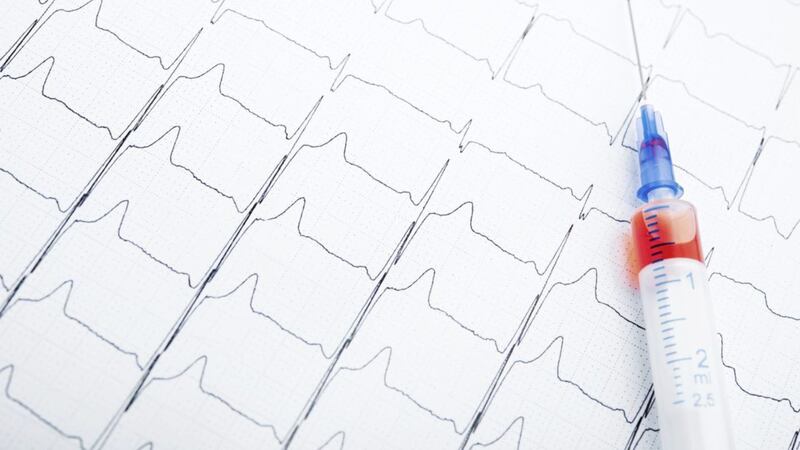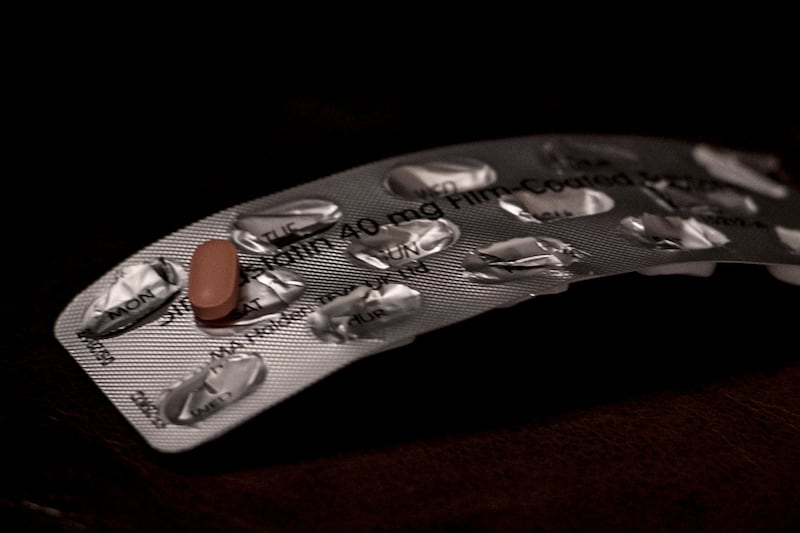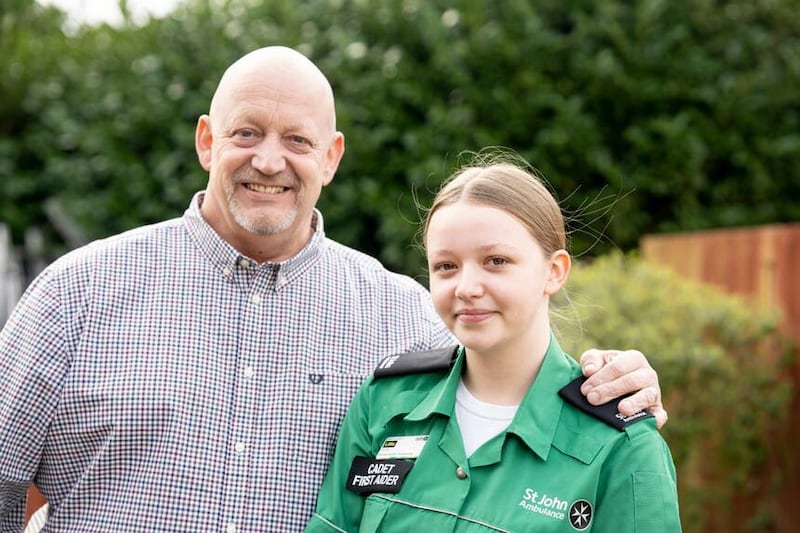A SELF-administered jab could halt a heart attack in its earliest stages and save thousands of lives yearly. The drug comes in a pre-loaded auto-injector device for use at home, and could be offered to those who have already had a heart attack and are at risk of another.
Heart attacks typically occur when a clot blocks blood supply to the heart. Rapid treatment to restore the supply is crucial to minimise damage to heart tissue.
Normally, anti-clotting drugs such as thrombolytics or fibrinolytics are administered by doctors via injection. These target and destroy a compound called fibrin, a tough protein that forms a mesh that slows blood, encouraging a clot to form. The drugs cause the clot to break up but this process can take several hours, and brings a risk of bleeding.
Patients may also need a stent to open a blocked artery or more anti-clotting medication, including aspirin. The new drug, selatogrel, is thought to work earlier in the process.
Clots develop when fatty deposits in the blood vessel wall rupture: blood cells gather around the area and clump together to form a clot. Selatogrel is thought to disrupt this process, preventing the full clot from forming.
Heart attack symptoms tend to build over time, and at an early stage patients may have only mild chest pain or discomfort.
Results from a study carried out in 18 centres around the world, involving 345 patients in the early stages of a heart attack, show that a single injection (administered to the thigh or abdomen) has an anti-clotting impact within 15 minutes, with the effects lasting up to eight hours.
Rob Storey, a professor of cardiology at the University of Sheffield, who led the study, reported in the European Heart Journal, says: "In the initial stages of a heart attack, blood clots can come and go or take hours to build up, so anti-clotting medication may help to stop a heart attack."
Professor Storey says selatogrel may halt some heart attacks by stopping the blood clot from completely blocking the heart artery. The drug is about to be used in larger trials.
Consultant cardiologist Dr Punit Ramrakha said it was potentially "an exciting new weapon in our armoury against heart attacks".
© Solo dmg media








